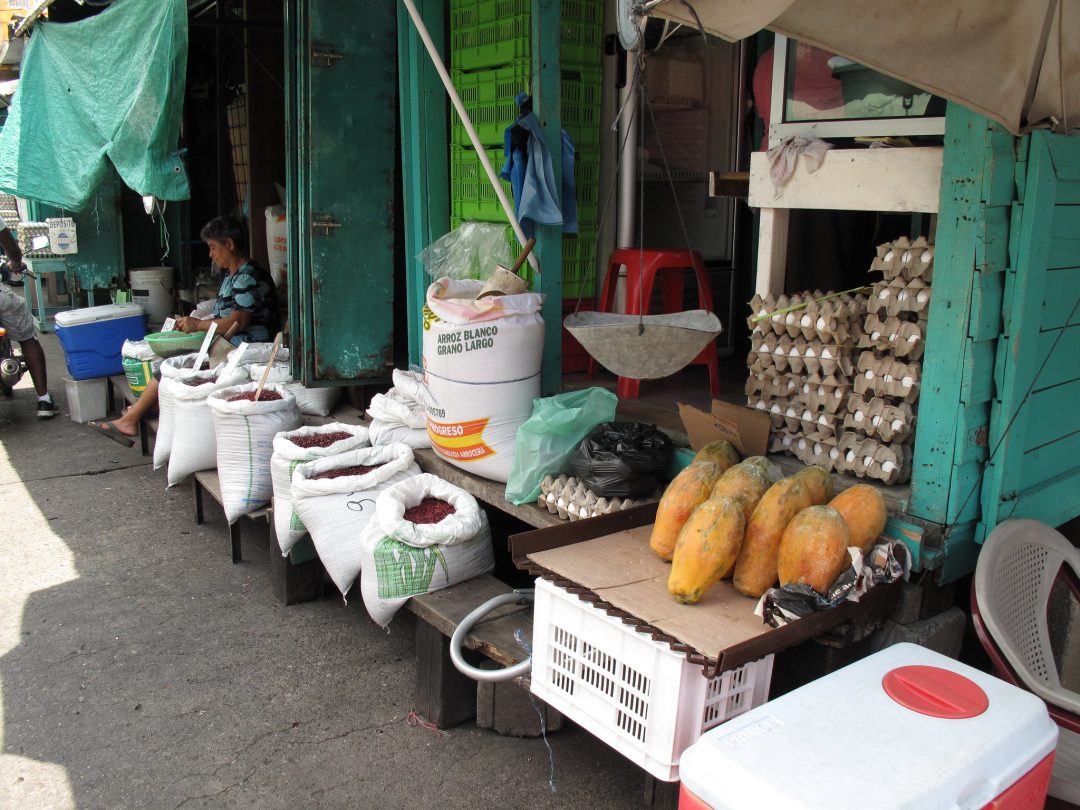Second special declaration of the Council for Central American Social Integration (CIS) that instructs its Social Secretariat (SISCA) to design a plan of recovery, social reconstruction and resilience, with the support of the European Union EUROsociAL+ Programme.

On 27 April, the Central American Social Integration Council, made up of the ministries responsible for development and social inclusion policies of the 8 countries of SICA, approved the Second Special Declaration in the context of the pandemic caused by the coronavirus.
The first Declaration, approved on 2 April, highlighted the force and importance of the process of regional social integration and the potential it offers to tackle the current crisis, pointing out the need to promote closer cooperation in the multilateral framework between all the member countries of SICA, and with other countries and regions of the world (United Nations, European Union), so that, in the midst of the response to this emergency, the 2030 Agenda does not suffer any setbacks.
Through the Declaration, SISCA was also instructed so that, together with strategic partners such as the European Union EUROsociAL+ programme, it would initiate a knowledge management process that would enhance the exchange of experiences and obtain inputs for a better approach to the challenges posed by the pandemic. The results of this phase include the publication of infographics on the measures that the SICA countries are taking to face the pandemic and the series of webinars co-organised by SISCA and Eurosocial with the collaboration of different United Nations agencies to promote dialogues and exchanges that aim to facilitate learning between countries on the responses of public policies to the social effects of the sanitary measures adopted to contain the pandemic associated with COVID-19.
This Second Special Declaration, though coming only 25 days after the first, has emerged in a political context that is already very different. The available data shows that the impact of the pandemic will cause a significant economic contraction in the SICA region (2.8%, with important differences between member countries). This will have direct repercussions on employment levels (in a scenario of prolonged recession, the loss in formal jobs could reach 22%, which would be equivalent to almost 1.7 million unemployed) in which, as well as limited fiscal space, a significant proportion of the population in conditions of poverty and high vulnerability, and with an economy in which around 62% of the jobs are informal, the social impact could be dramatic.
Faced with this scenario, the CIS considers it necessary to start designing mechanisms as soon as possible, not only to mitigate the damage but also to lay the foundations for a sustainable recovery and social reconstruction. The Second Special Declaration of the CIS already puts forward some lines of work for the medium and long term: firstly, the need to look for alternatives to protect jobs, generate employability, create more formal employment and promote entrepreneurship, giving special attention to training processes and professional training. Secondly, the need to strengthen public education systems, reducing the gaps that affect populations and territories lagging behind. Thirdly, the importance of housing as a human right, given that its precariousness, especially in informal settlements, has once again demonstrated the difficulty of containing the effects of an epidemic in such contexts. Fourthly, the rethinking of care schemes, which need a gender focus, as it is evident that it is women who, normally without remuneration, absorb the greatest burden of care. Finally, the Second Declaration acknowledges how, before the pandemic, the social area of SICA was working to provide the region with an instrument of regional social policy (Regional Comprehensive Social Policy 2020-2040: Integrating through social inclusion) with the support of the European Union EUROsociAL+ Programme and the Food and Agriculture Organisation of the United Nations (FAO), a strategic instrument to guide regional action in social matters and that, nevertheless, in the face of the current context will have to be revised to adapt it to the new reality.
The Second Declaration ends with a new instruction for SISCA: with the support of the European Union EUROsociAL+ Programme and the FAO, bodies with which PSIR-SICA has been working, to develop a Recovery, Social Reconstruction and Resilience Plan that, as a special component of the Policy, enables such regional actions to be taken to be steered, in addition to the work that each of the SICA countries will carry out in the face of the reconstruction phase.



